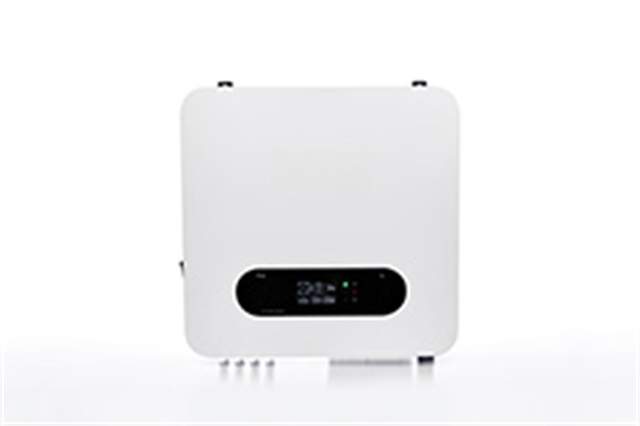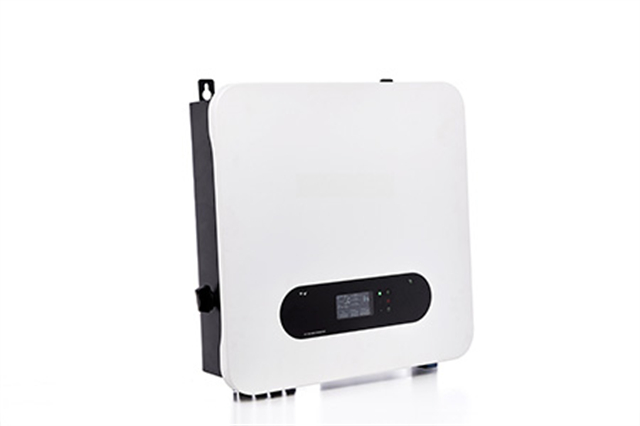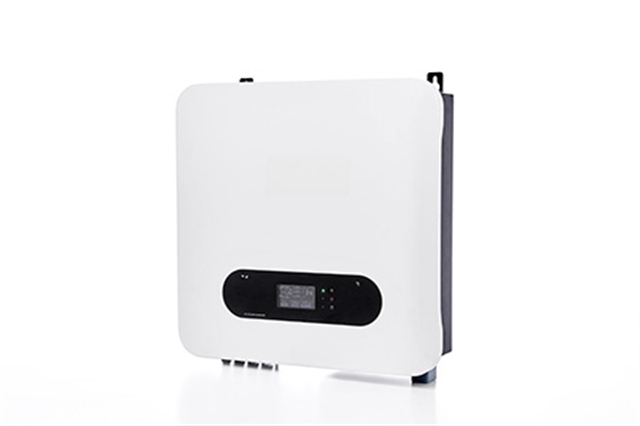Author:BLD Solar Energy SystemFROM:Solar System Converter Manufacturer TIME:2023-10-24
Installing solar systems has become increasingly popular in recent years as people seek to reduce their carbon footprint and save on energy costs. However, it's essential to choose the right type of solar system for your needs and ensure proper installation to maximize its efficiency and longevity. This article will provide an overview of the three main types of solar systems: on-grid, off-grid, and hybrid, and discuss the key considerations for installing them properly.

On-grid solar systems, also known as grid-tied or grid-connected systems, are connected to the local utility grid. They generate electricity from the sun and feed any excess power back into the grid. These systems do not require battery storage as they can draw electricity from the grid when needed.

Off-grid solar systems, as the name suggests, are not connected to the utility grid. They are designed to operate independently and typically consist of solar panels, batteries for energy storage, and an inverter to convert DC power from the panels into AC power for use in the household. These systems are commonly used in remote areas where grid access is limited or non-existent.

Hybrid solar systems combine the features of both on-grid and off-grid systems. They are connected to the utility grid but also have battery storage for backup power during blackouts or periods of high demand. Hybrid systems offer the advantage of using solar power while still having a reliable source of electricity from the grid when needed.
Before deciding on the type of solar system to install, it's crucial to assess your energy needs. Calculate your average daily energy consumption and consider factors such as the number of occupants, appliances, and air conditioning. This assessment will help determine the size and capacity of the solar system required to meet your energy needs.
A thorough site evaluation is essential to optimize the installation of solar panels. Consider factors such as orientation, shading, and available roof space. Solar panels should ideally face south in the northern hemisphere or north in the southern hemisphere to maximize sunlight exposure. Minimize shading from nearby trees or structures that can obstruct sunlight.
Selecting high-quality solar panels, inverters, and batteries is crucial for the long-term performance and reliability of your solar system. Research reputable brands and check for certifications and warranties. Consult with a professional installer who can recommend suitable components based on your energy needs and budget.
Proper installation is key to the effectiveness and safety of your solar system. Hire a certified and experienced installer who understands local regulations and building codes. They will ensure correct panel positioning, secure mounting, and proper electrical connections. Proper grounding and protection against lightning strikes are also critical.
Maintaining and monitoring your solar system regularly is important to ensure optimal performance and detect any issues early on. Keep the solar panels clean from dirt, debris, and snow accumulation. Check the battery levels and inverter performance periodically. Consider installing a monitoring system to track energy production and consumption for better optimization.
Installing on-grid, off-grid, or hybrid solar systems properly requires careful consideration of your energy needs, site evaluation, component selection, and professional installation. By taking these steps, you can enjoy the benefits of renewable energy and contribute to a more sustainable future while maximizing the efficiency and longevity of your solar system.
